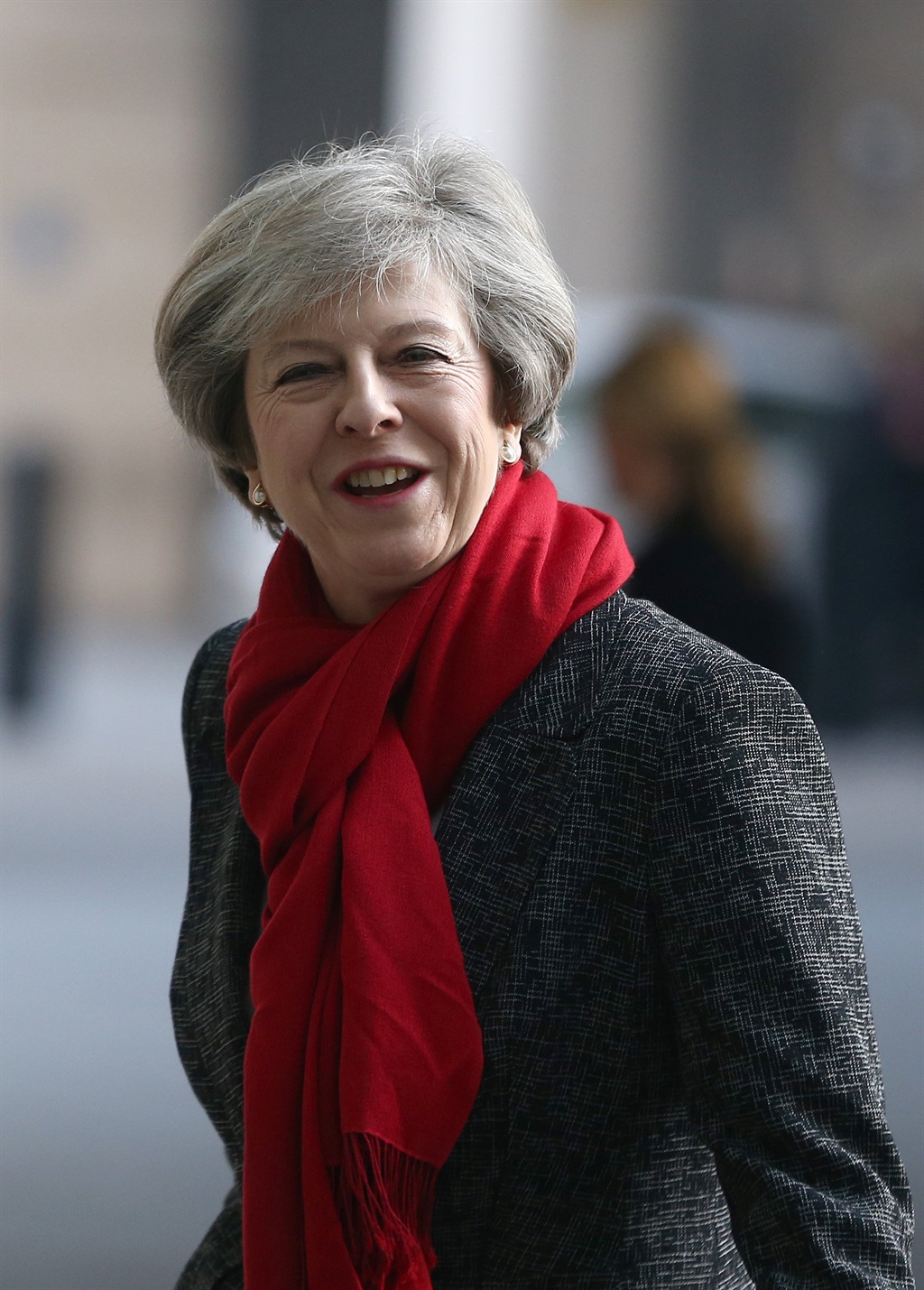
UK politics is far more complicated than its parliamentary procedures. You have to vote either aye or nay and that put the leftists of the Labour Party together with the ultraright Brexiteers to defeat the “soft Brexit” deal 432 votes to 202. The ayes and nays together totalled 634. So the Labour Party did not pull this off on its own; it does not have 318 votes, or half of that total plus one. If it did, it would not be the loyal opposition but the majority government.
The point is that it is a three-way race and Theresa May is trying to cope with the “no deal is better than a bad deal” thinking within her own party, as well as the opportunistic tendencies of the opposition.
This sounds so much like the centuries of the protestant reformation. In those days the “remainers” were the Catholics who wanted to keep the pope’s supremacy.
The morning start of the reformation was John Wycliffe in England, who influenced John Hus, who took many of the concerns back to Europe, where they influenced Martin Luther. Many of the issues found their way on to the 95 theses posted on the church door at Wittenburg, rather like the referendum which declared the UK wanted to leave.
The reformers also wanted to leave. But they were divided. Some, like Luther, wanted to stay close to cherished church traditions, with the sacraments and the liturgy. Basically, the same church buildings switched from Catholic to Lutheran, but for the average user, it was a “soft exit”.
Some reformers, though, were much more radical. They wanted major reform and they were quite proactive about it. They reformed church architecture, removing art and even stained-glass windows. They wanted relative simplicity, a kind of radical austerity.
In England Henry VIII, daughter Elizabeth I and grandson James I tried to keep the remainers at bay on the one side, while fighting the radical reformers on the other side. Elizabeth was better at this than Theresa May. In England the radical reformers were called “nonconformists” because they refused to adopt the via media of the Anglican Church. It was a compromise and, like May’s, a controversial one. The remainers hated it as treason and the nonconformists preferred a “hard exit”.
The difference is that they didn’t have a deadline. So the pendulum kept swinging. Oliver Cromwell was the most awesome of the nonconformists. He did away with the monarchy and ruled with an iron fist. Jeremy Corbyn is conjured up as a terrifying alternative to the conservative government. To the extent that, the night after the Brexit deal suffered the largest parliamentary defeat (combining both extremes against the via media), the Conservative government nevertheless survived a no-confidence motion.
Cromwell beheaded Charles I and yet, after ruling for a few decades, his own son took over. But the UK people missed their monarchy, their dignified King James version of scripture and the pendulum started swinging again. The monarchy came back, then one king (a remainer) tried again to bring back Catholicism. Finally his sister, who was married to William of Orange, in Holland, convinced her husband to invade and he easily defeated the weak UK army.
Read: Theresa May bids to stem the bleeding
When he arrived at London the people welcomed him and invited him to become their new king. But he declined, saying that first Parliament had to be reconvened to discuss the way forward. When he was offered the crown by Parliament, he accepted. This was the unwritten constitution that the UK adopted, leading on to the emergence of democracy.
May simply cannot agree to Corbyn’s precondition to take “no deal” off the table if she wants to rally more support in Parliament. She will not abandon the radicals, who campaigned so hard to win the referendum to form an unholy alliance with the remainers. The UK is used to finding a via media, a negotiated compromise. It is always going to be difficult to get a full majority of ayes in a three-way race. Because UK democracy is not a first-past-the-post voting system. You have to get a full majority.
If May cannot muster a full majority behind her “soft Brexit” deal, then very possibly the default drive will be a “hard Brexit”. The UK will crash out of the EU.
Other scenarios are there, but not one of them seems likely to muster a full majority. Especially the prospect of a general election, which could end up with the Oliver Cromwell of our time – Jeremy Corbyn – getting his hands on the levers of power. That prospect will probably bond the soft Brexiteers to the hard ones, securing a definitive “BReformation”.
This axis of hard and soft leavers can keep at bay the prospect of a second referendum, or of backsliding into the EU.
The opposition parties should listen to May that her party sees it as its duty to deliver on the mandate of the first referendum. Not to hold another one.
If history really repeats itself, this comparison does seem to be constructive. The French say that as everything changes, everything remains the same.
Stephens is executive director at the Desmond Tutu Centre for Leadership




 Publications
Publications
 Partners
Partners








